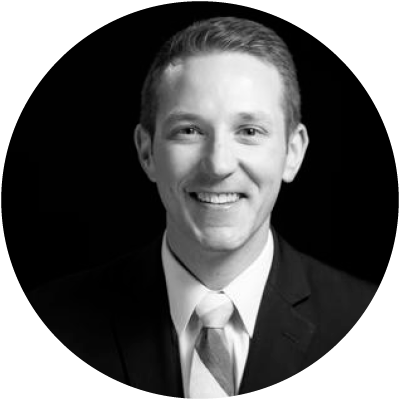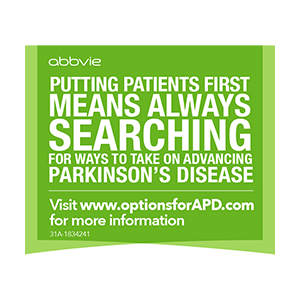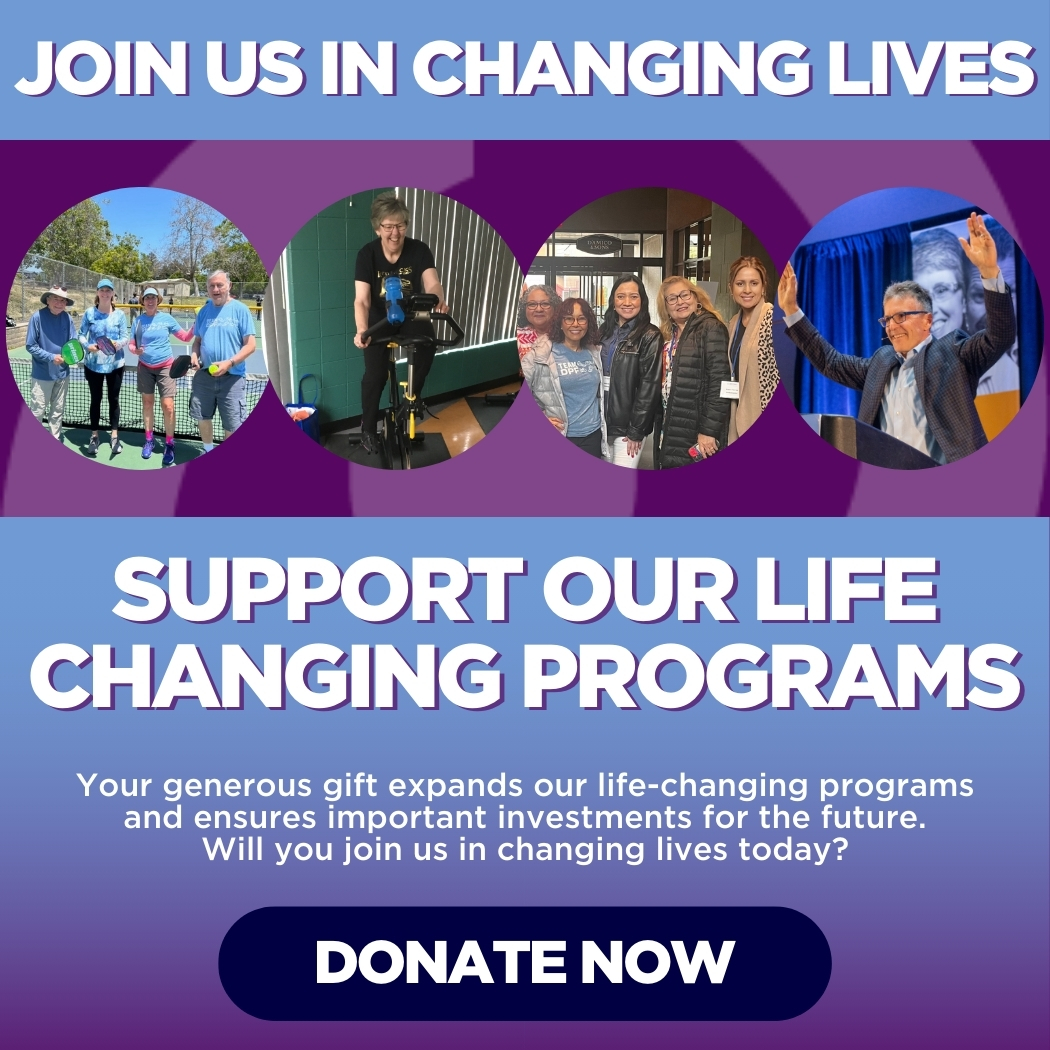Webinar: Holistic & Supportive Care for Living Well with Parkinson's
With Dr. Christopher Tarolli

This webinar was recorded live on November 4, 2020
If you’ve been living with Parkinson’s for any length of time, you’ve probably heard the terms holistic care, supportive care, or palliative care. But you may not know what they mean when it comes to your care, now and in the future. In this webinar, Dr. Christopher Tarolli discussed:
- What your medical team means when they talk to you about palliative care
- The types of providers who can deliver palliative care
- The difference between person- and disease-centered care
- How to make sure your core medical providers match your goals for care with your plan of care
- How to advocate and receive the kind of supportive care you need even if your community doesn’t have a palliative or supportive care center for people with Parkinson’s
- How to build your Parkinson’s roadmap

Your Instructor for the Webinar
Dr. Christopher Tarolli graduated from Syracuse University in 2003 and received his MD from SUNY Downstate College of Medicine in 2012. He completed his internship in internal medicine and residency in neurology at the University of Rochester Medical Center and graduated in 2016. Dr. Tarolli completed a fellowship in movement disorders and experimental therapeutics of neurological disease in 2018. He joined the faculty in 2018 and specializes in the care of individuals with Parkinson’s, atypical parkinsonian syndromes, and Huntington’s disease. Beyond clinical work, Dr. Tarolli is a neurological educator and is the Associate Director of the Mind, Brain, Behavior neuroscience course at the University of Rochester School of Medicine and Dentistry. He is also involved in clinical research focused on novel technologies, practice-based research, and palliative care in individuals with Parkinson’s and other movement disorders.





